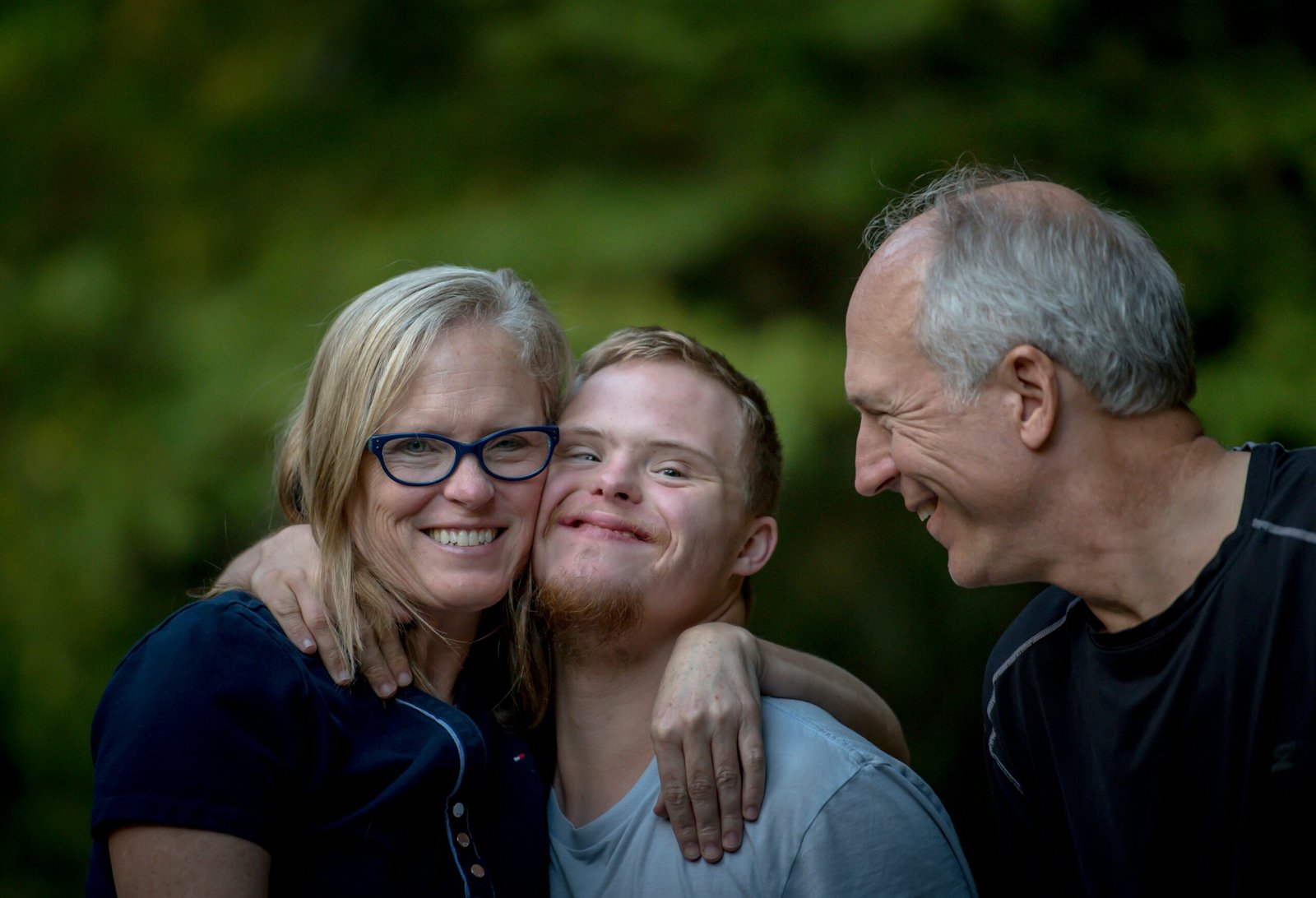Disability and Sex Work: Exploring Unique Considerations and Challenges
Sexuality is an integral part of human life, and it is no different for individuals with disabilities. However, disabled individuals who engage in sex work face a unique set of considerations and challenges that must be addressed. In this post, we will delve into the issues of accessibility, safety, and stigma that disabled sex workers encounter, shedding light on a topic that is often overlooked.
Accessibility: Breaking Down Barriers
Accessibility is a crucial aspect for disabled individuals in all aspects of life, including sex work. Many disabled individuals require specific accommodations and adaptations to engage in sexual activities safely and comfortably. However, the lack of accessible spaces, equipment, and services poses significant challenges.
Physical accessibility is a primary concern for disabled sex workers. Many venues, such as brothels or adult entertainment establishments, may not have adequate ramps, elevators, or accessible bathroom facilities. This lack of accessibility restricts the choices and opportunities available to disabled individuals, limiting their ability to engage in sex work on their terms.
Moreover, the need for specialized equipment or assistive devices further adds to the accessibility challenges. For example, individuals with mobility impairments may require hoists or adjustable beds to facilitate sexual activities. The cost and availability of such equipment can be prohibitive, making it difficult for disabled individuals to fully participate in the sex work industry.
Safety: Protecting Vulnerable Individuals
Safety is a paramount concern for anyone involved in the sex work industry, but disabled individuals often face additional vulnerabilities that must be addressed. Disabled sex workers may encounter higher risks of exploitation, abuse, and discrimination due to their disability.
One of the key safety considerations for disabled sex workers is the importance of informed consent. Due to the power dynamics inherent in the sex work industry, disabled individuals may face challenges in asserting their boundaries and ensuring their rights are respected. It is crucial to educate both sex workers and clients about the importance of consent and establish clear guidelines to protect the well-being of disabled individuals.
Additionally, disabled sex workers may face increased risks of violence or mistreatment due to their disability. Society’s misconceptions and prejudices about disability can contribute to the stigmatization and marginalization of disabled individuals in the sex work industry. It is essential to address these biases and provide support systems to ensure the safety and well-being of disabled sex workers.
Stigma: Challenging Societal Attitudes
Stigma surrounding disability and sex work can have profound effects on the lives of disabled individuals engaged in the industry. Society often holds misconceptions and biases about the intersection of disability and sexuality, leading to discrimination and exclusion.
Disabled sex workers may face societal judgment and ostracization due to the misconception that their disability prevents them from engaging in consensual sexual activities. This stigma not only affects their professional lives but also their personal relationships and overall well-being.
Challenging societal attitudes towards disability and sex work requires a multi-faceted approach. Education and awareness campaigns can help dispel myths and promote understanding of the diverse experiences and capabilities of disabled individuals. Additionally, advocating for the rights and empowerment of disabled sex workers can help combat the stigma they face.
Conclusion
Disability and sex work present unique considerations and challenges that must be addressed to ensure the well-being and rights of disabled individuals. By promoting accessibility, safety, and challenging societal attitudes, we can work towards creating an inclusive and supportive environment for all individuals engaged in the sex work industry.
It is crucial to recognize the agency and autonomy of disabled sex workers and provide them with the necessary support and resources to navigate the challenges they face. Only through understanding and empathy can we create a society that values and respects the sexual rights and experiences of all individuals, regardless of their abilities.

